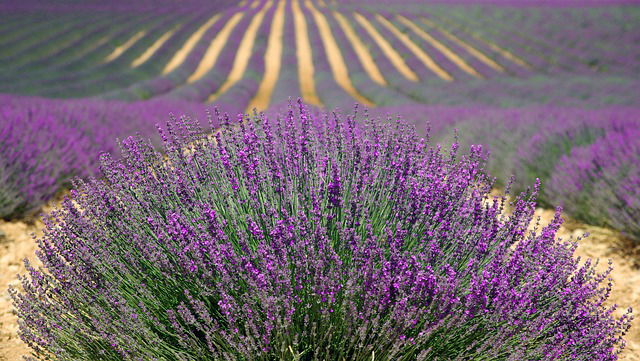
In a new study, researchers found an anti-inflammatory chemical in a native California shrub called Yerba santa may help develop a treatment for Alzheimer’s disease.
They discover that sterubin, a potent neuroprotective component of a native California plant, may help fight aging’s effect on the brain.
The research was conducted by researchers from the Salk Institute.
Previous studies have shown that Alzheimer’s disease is a leading cause of death in the United States. Aging is the No.1 risk factor of the disease.
Scientists have been searching for ways to fight the disease but so far there is no effective way.
Yerba santa has been used by native California tribes for a long time.
People use it for treating respiratory ailments, fever, and headaches; and mash it into a poultice for wounds, sore muscles and rheumatism.
In the current study, the team aimed to find natural compounds that may reverse neurological disease symptoms.
They used a screening technique to test 400 plant extracts with known medical properties.
The technique has been used by the team in the past to find chemicals that have anti-inflammatory and neuroprotective properties.
The researchers found a molecule called sterubin as Yerba santa’s most active component.
They tested the compound in nerve cells that had reduced energy metabolism, accumulation of misfolded, aggregated proteins and inflammation seen in Alzheimer’s.
They found the compound had a potent anti-inflammatory impact on brain cells and could remove iron, which contributes to nerve cell damage in aging and neurodegenerative diseases
The findings suggest that the compound could be effective against multiple inducers of cell death in the nerve cells.
The researchers plan to test the compound in an animal model of Alzheimer’s, and it may be possible to test the compound in humans once they get the data of toxicity levels.
The team suggests that many common medicines people use are from plants, such as aspirin, digitalis, and the anti-malarial artemisinin.
Hopefully, Yerba santa will join the list and help people fight Alzheimer’s disease.
One author of the study is Senior Staff Scientist Pamela Maher, a member of Salk’s Cellular Neurobiology Laboratory, run by Professor David Schubert.
The study is published in the journal Redox Biology.
Copyright © 2019 Knowridge Science Report. All rights reserved.
Further reading: Redox Biology.



